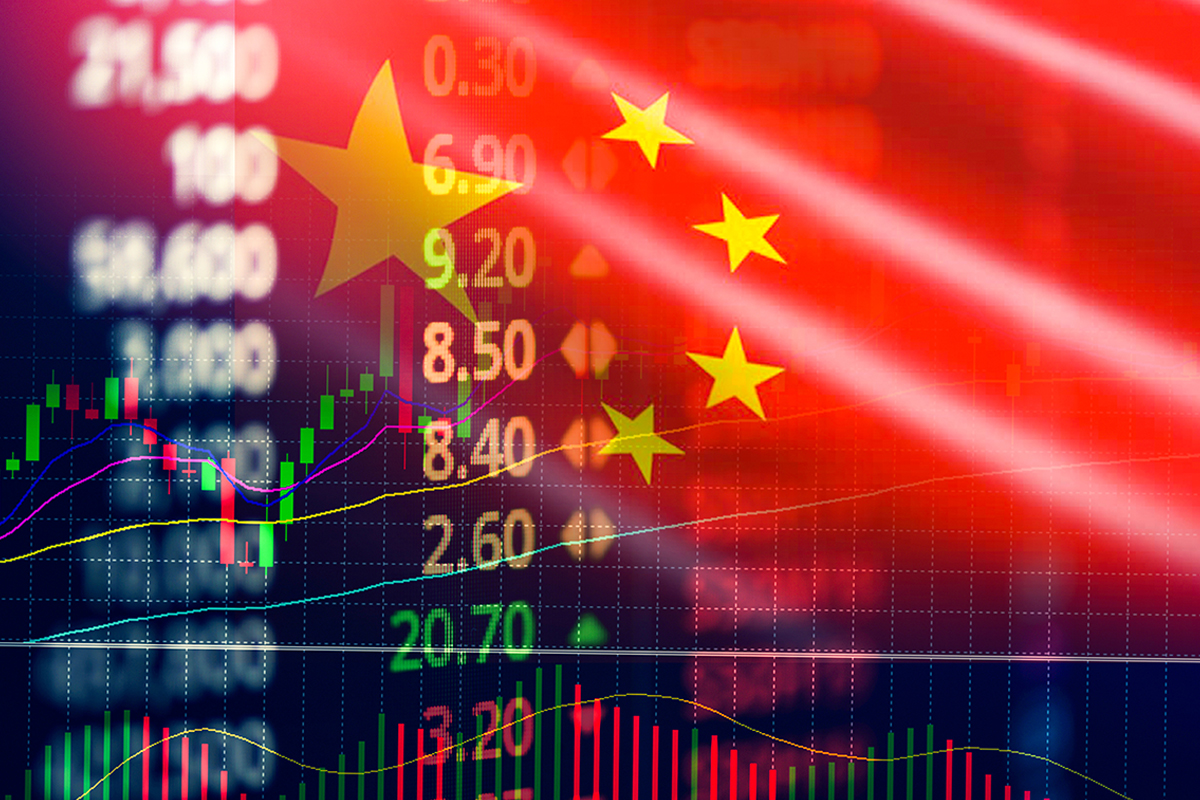Originally poised to fuel one-third of the world’s economic growth in 2023, China’s recent economic dip has set off global concerns.
Around the world, policymakers are preparing for potential economic ramifications as China reduces its imports, spanning from building materials to electronics. Notably, Caterpillar has found a steeper-than-anticipated drop in demand for its construction machinery in China. Even US President Joe Biden refers to this situation as a looming crisis.
China’s stock markets have witnessed a significant withdrawal, with global investors retracting over US$10 billion. Major financial giants, including Goldman Sachs Group and Morgan Stanley, have downsized their outlooks for Chinese stocks. The former also spotlighted potential risks affecting surrounding regions.
Asian economies are presently experiencing the most significant trade disruptions, with nations in Africa also affected. A recent decline in Chinese car and chip purchases led to Japan’s first export drop in over two years in July. Concurrently, economic predictions from central banks in nations like South Korea and Thailand have been revised downwards due to China’s sluggish revival.
However, the situation isn’t entirely bleak. China’s economic deceleration is likely to reduce global oil prices, and its deflation might lead to dropping prices for globally shipped goods. This could provide relief for nations grappling with inflation, like the US and UK.
Emerging economies, such as India, are identifying potential openings, aiming to capture foreign investments drifting away from China.
Nevertheless, as the world’s second-largest economy, China’s extended economic stall could hinder global prosperity. As per the International Monetary Fund, a 1% ascent in China’s growth could elevate global expansion by approximately 0.3%.
Mr. Peter Berezin of BCA Research commented that while China’s deflation could potentially benefit the global economy, a synchronized recession involving major economies could spell trouble for the global landscape.
A deeper dive into the implications of China’s slowdown reveals:
– Trade Impacts: China’s diminished imports, especially from Asia, Africa, and North America, hurt trade values. The declining demand affects various sectors, from electronics to fossil fuels.
– Deflationary Trends: As producer prices in China have shrunk for almost a year, the cost of exported goods has dropped, offering some relief to inflation-hit nations.
– Tourism Delays: The Chinese are increasing their spending on services but are yet to frequent overseas destinations in substantial numbers, impacting tourism-centric countries like Thailand.
– Currency Fluctuations: The renminbi has weakened against the US dollar by over 5% this year, affecting other global currencies in relation.
– Bond Market Adjustments: Decreased interest rates in China in 2023 have made its bonds less enticing for foreign investors, who are now seeking alternatives.
– Effects on Luxury Stocks: Leading brands, including Nike and Caterpillar, have reported earnings dips due to China’s downturn. Major luxury brands, such as LVMH and Gucci, remain susceptible to fluctuations in Chinese demand.
In essence, China’s current economic deceleration underscores its intricate connection to the broader global market. The ripple effects of its slowdown touch on trade, tourism, currency, and even luxury goods, indicating the deep entanglements of modern economies. As nations and businesses adapt, they will need to devise strategies that acknowledge China’s immense influence while also diversifying their dependencies. The global landscape is shifting, and how countries navigate these turbulent times will define the economic narratives of the coming years.







